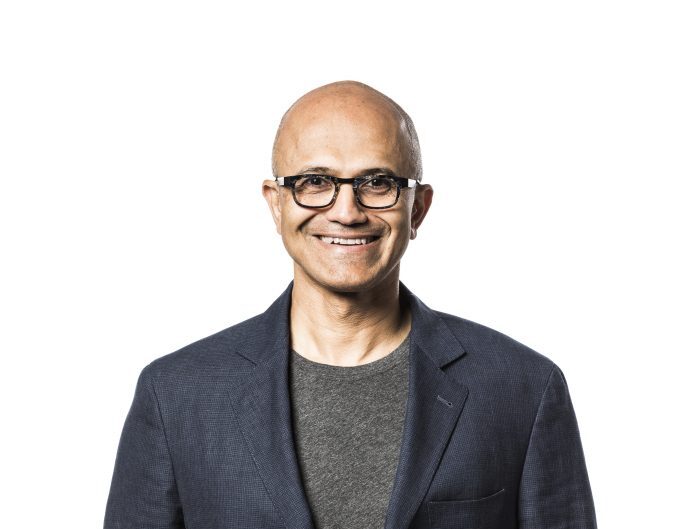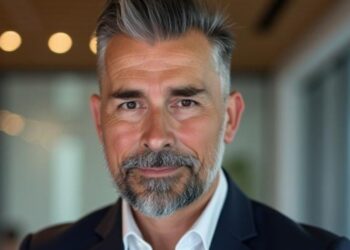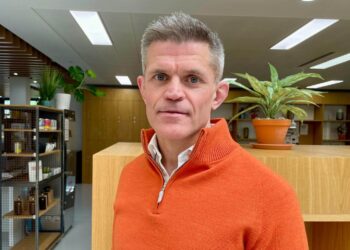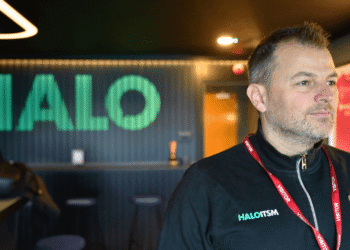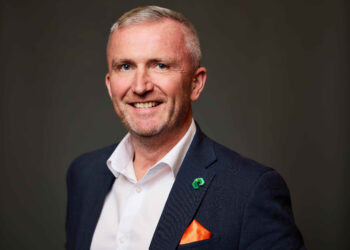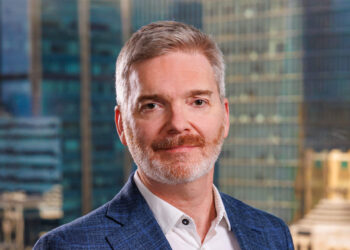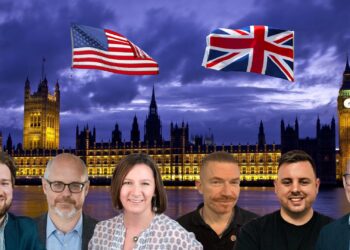When thinking about the greatest technology vendor leaders of the 21st century, what does “great” actually mean?
Is it to do with their success in breaking new ground and technology legacy? Their commercial nous? Or perhaps their credentials as leaders and ability to shape business culture more widely?
This was the conundrum the 60 channel leaders who made up our panel for IT Channel Oxygen’s ‘Century’s 30 Greatest Vendor Leaders, Powered by QBS Software’ had to grapple with.
Considering how tech companies now rule the world – with the planet’s five most valuable companies (and six of the top seven) all hailing from the tech sector – it’s a question that warrants reflection more than ever.
We invited our 60 panellists to consider five factors when picking their top five, namely:
- Technology leadership
- Longevity and stability
- Leadership qualities
- Culture instilled
- Channel advocacy
Looking at the demographics of the 30 vendor leaders who made the cut, 10 are women and 20 are men, with all but the late Steve Jobs still alive today.*
*Since the publication of this article, former YouTube CEO Susan Wojcicki tragically passed away, aged just 56. She had been living with cancer for two years, her husband said.
Their average age is 60.4 years, with 20 still occupying an executive role at the company with which they are most closely associated.
Some 18 are US-born, with four hailing from the UK, two each from Taiwan, South Africa and India, and one each from Argentina and Israel. Some 26 of the 29 still alive now* live in the US (with three living in the UK).
All but one hold, or held, a global leadership post, while all but four are, or have been, CEOs.
Technology leadership
Founder-CEOs were in fashion among our 60 panellists, with 12 of the 30 who featured holding this status.
Founder-CEOs responsible for ushering in new technology paradigms, including Microsoft’s Bill Gates, VMware’s Diane Greene, NVIDIA’s Jensen Huang, Amazon’s Jeff Bezos and Salesforce’s Marc Benioff, were held in particularly high esteem.
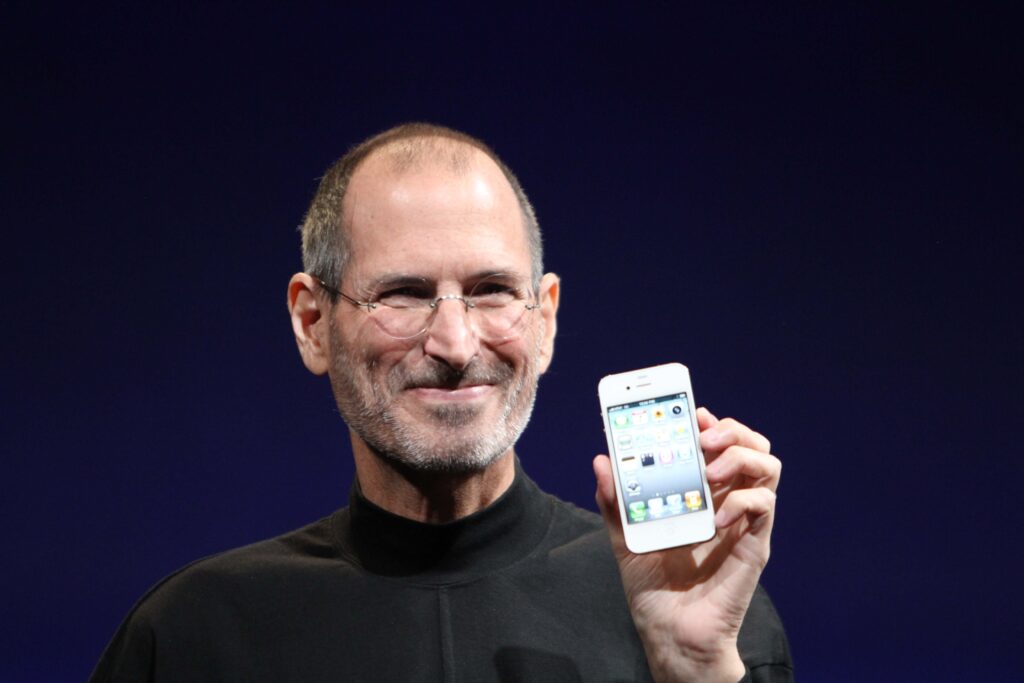
Apple co-founder Steve Jobs, who ranked second in the countdown, was lauded by panellists for “revolutionising the smartphone and creating the table market” and “literally changing the world”, meanwhile.
Others who made the top 30 were cheered more for breathing new life into companies whose fortunes had plateaued or faltered.
This includes ninth-ranked Lisa Su, the Taiwan-born CEO of AMD who was hailed by one panellist as a “true blueprint for corporate revival in the tech industry”, as well as Satya Nadella, who has successfully led Microsoft into two new eras of computing.
Others are serial CEOs who have worked their magic at multiple companies.
This includes eighth-ranked Meg Whitman, who was credited with stabilising HP after helping to build eBay into an $8bn monster and 25th-ranked Bill McDermott, the former SAP CEO who is now winning plaudits for turning ServiceNow into a company “now defining how the world works”.
Longevity and stability
Some of the Founder-CEOs featured have clocked up literally several decades in charge at their respective companies, with Marc Benioff, Jeff Bezos and Jensen Huang serving stints of 24, 27 and 31 years, respectively. But for a three-year spell when he stepped aside as CEO, Michael Dell has been running Dell for 40 years, while Bill Gates was President of Microsoft for 37 years.
None of this quintet can compete with 28th-ranked Larry Ellison, who still holds the position of Oracle CTO a whopping 47 years after founding the software behemoth.
But you don’t have to be a founder to be a loyal servant, as 19th-ranked CEO Antonio Neri demonstrates. He was crowned HPE CEO in 2018, 27 years after joining HP in its customer service department.
30th-ranked Clare Barclay also won praise for her “remarkable career path within a single company”, having been promoted to the Microsoft UK CEO role in 2020 some 22 years after joining it as a channel sales and marketing manager.
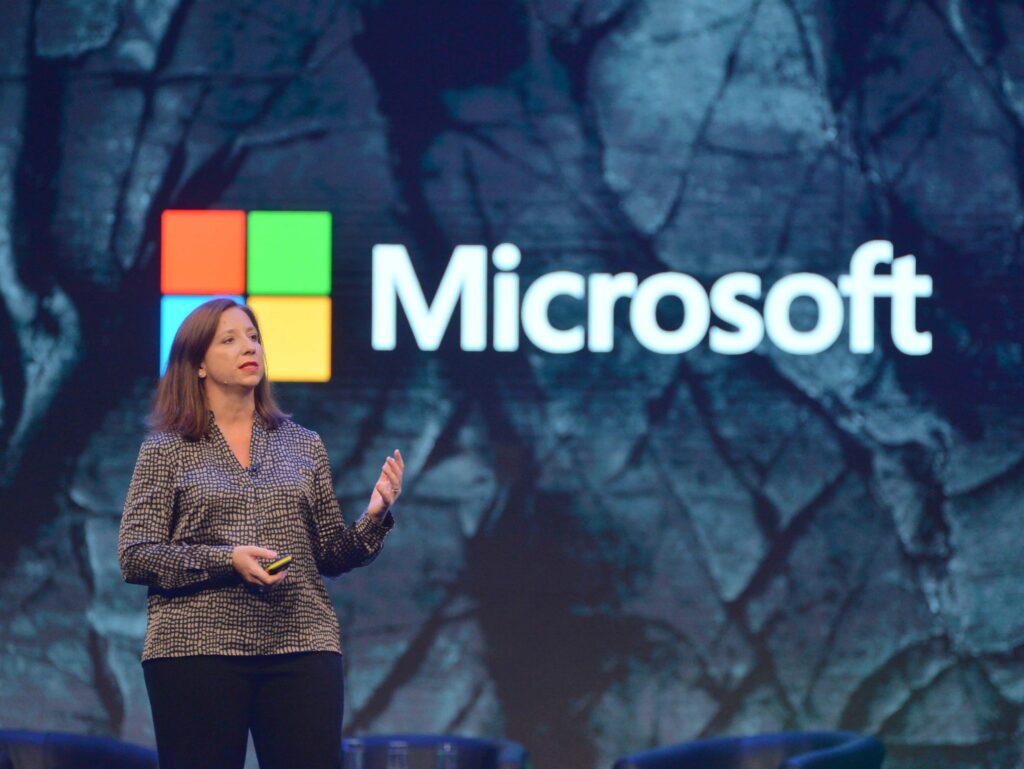
Leadership qualities
The 30 leaders featured display – or displayed – different and sometimes opposing leadership traits.
Some, such as 12th-ranked Elon Musk and Larry Ellison are known for at times being brash and outspoken.
Others, such as 11th-ranked Safra Catz and 29th-ranked Amy Hood – whose transformational effect at Microsoft one panellist described as “unseen” – are said to have a more understated leadership style.
An article about VMware CEO Diane Greene in back in 2006 characterised her as “unassuming and humble”, noting that she “hates talking about herself”.
Responding to comments that he is “not easy to work for”, NVIDIA’s Jensen Huang replied “it should be like that”.
“If you want to do extraordinary things, it shouldn’t be easy,” he retorted.
Fourth-ranked John Chambers has in the past spoken of the importance of operating a collaborative style of leadership. He reportedly had the habit of asking everyone he meets to “tell me three things Cisco could be doing better”, meanwhile.
AMD’s Lisa Su also reportedly has an emphasis on bringing people together.
While some are seen as bold and enigmatic risk takers, 17th-ranked Palo Alto Networks CEO Nikesh Arora has spoken about the importance of acting consistently. “I’d rather be boring and consistent than creative and constantly mercurial,” he reportedly said.
Each of the 30 leaders featured has their own unique set of passions and quirks.
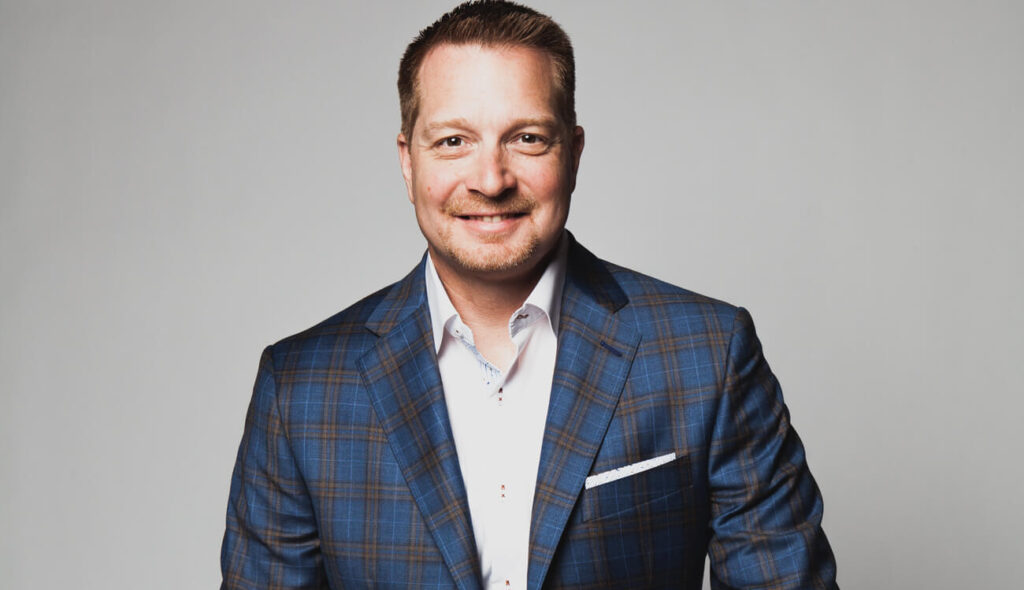
26th-ranked George Kurtz has an apparent obsession with putting customers first, visiting 100 customers in 100 days following CrowdStrike’s IPO.
Amazon CEO Andy Jassy has a focus on “ravenous learning”, while 13th-ranked Ginni Rometty prioritised hiring non college graduates as part of a new “skills-first approach” during her stint as IBM CEO.
HP and Cisco’s respective former CEOs Meg Whitman and John Chambers were known for their silky oratory skills, with one panellist marvelling at the latter’s ability to speak off the cuff while “taking the audience with him”, meanwhile.
Culture instilled
With great power comes great responsibility.
Panellists also considered the broader context of the mark left by their chosen vendor leaders on the culture of their companies, or even business culture more generally.
ServiceNow CEO Bill McDermott was lauded for his “ability to create an amazing culture no matter what organisation he works”, for instance.
23rd-ranked former YouTube CEO Susan Wojcicki has been a vocal advocate of gender equality and diversity, telling the Guardian in 2019 that YouTube’s female staff had risen from a quarter to a third under her tutelage. She used her clout to speak up for increasing paid maternity leave.
Salesforce’s Marc Benioff is known for his focus on belonging, equity and inclusion, in 2021 offering to relocate any Texan Salesforce employees wishing to move after new abortion laws were tightened in the state.
Since leaving Google Cloud in 2019, Diane Greene has focused on her passion for mentoring and education, including investing in and helping female founder CEOs who have engineering and science backgrounds, meanwhile, with Bill Gates winning praise for his philanthropy.
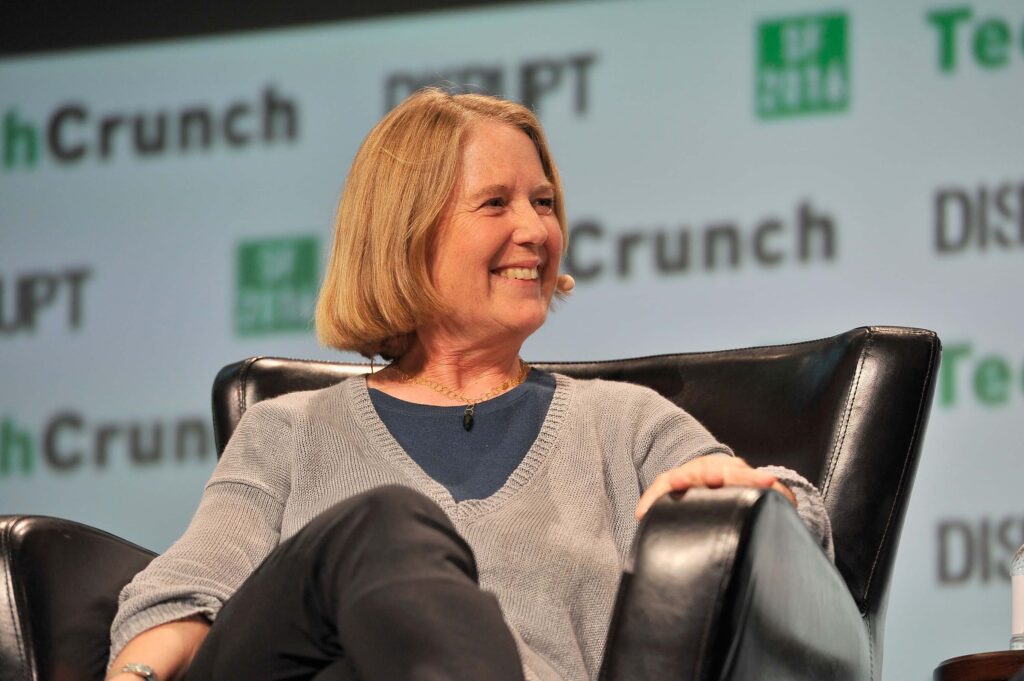
16th-ranked former Facebook COO Sheryl Sandberg has arguably had an even bigger impact on business culture, with her book on female empowerment, Lean In, selling 4.2 million copies.
Channel advocacy
It is no fluke that four Microsoft executives past and present made the top 30, it being by far the channel’s most lucrative ally over a sustained period.
Microsoft’s current CEO Satya Nadella scored a landslide victory in this project, with over half of the channel leaders we approached putting him in their top five.
The channel advocacy shown by the likes of Cisco’s John Chambers and HP’s Meg Whitman was also lauded by panellists.
Alex Smith, Vice President of Channels, Canalys, called the latter a “true ambassador for HP with partners”.
“When HP made the decision to separate its businesses, Whitman knew that partners would be instrumental to that exercise and dedicated significant resources to ensure that partners were involved at every key milestone,” he said.
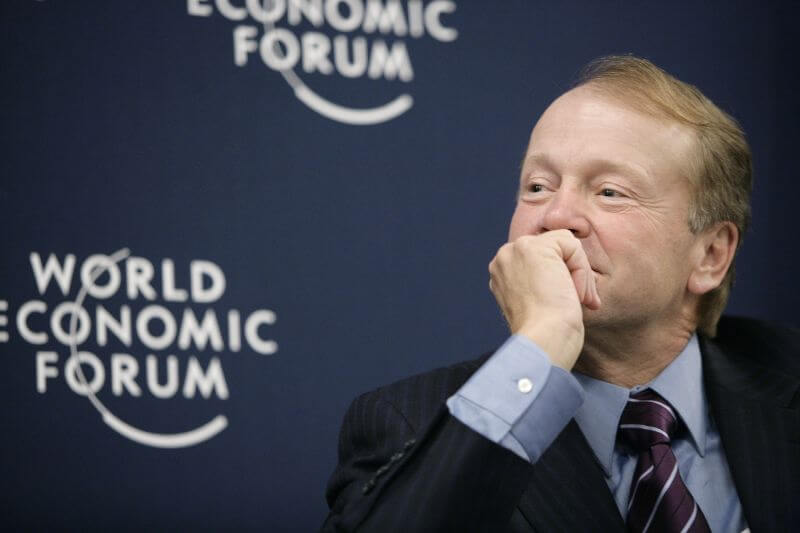
Tight competition
In all, 114 vendor leaders were nominated.
Competition was tight, with the vendor leaders to receive multiple nominations and not make the top 30 including Cisco CEO Chuck Robbins, Zscaler CEO Jay Chaudhry, Bumble Founder Whitney Wolfe, CloudFlare Co-Founder Michelle Zatyln and HPE’s UK CTO Fidelma Russo. Big tech leaders such as Meta’s Mark Zukerberg and Alphabet’s Sundar Pichai also lost out.
Other vendor leaders to narrowly miss the cut include former Intel and IBM CEOs Andy Grove and Lou Gerstner, Darktrace Co-Founder and CEO Poppy Gustafsson, Bitdefender Co-Founder and CEO Florin Talpes, ServiceNow Group Vice President and General Manager, UK and Ireland Damian Stirrett, and Cisco Vice-President EMEA Partner Sales & Routes to Market organisation, Jose Van Dijk.
Doug Woodburn is editor of IT Channel Oxygen


